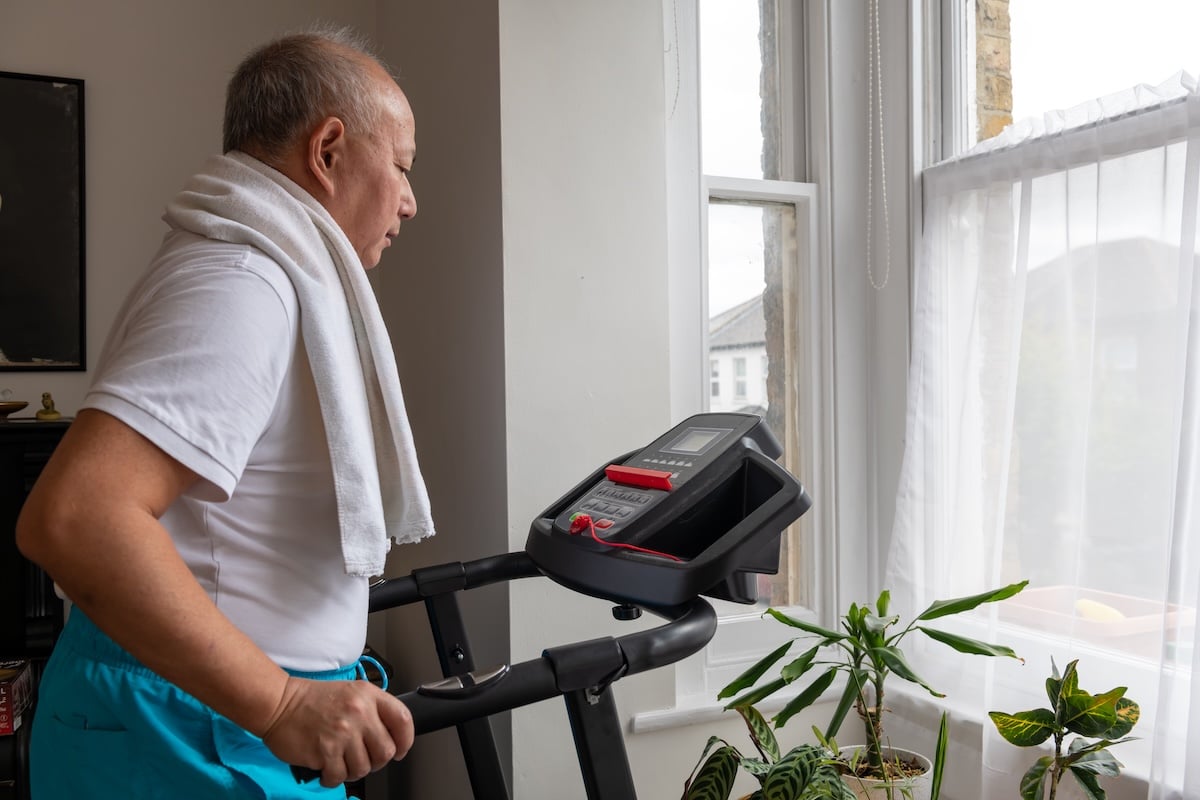Hearing loss is expected to become a “major public health issue,” according to a study published in JAMA Otolaryngology—Head & Neck Surgery in March 2017. Taking current population data and using population growth projections for adults aged 20 and up, researchers believe that nearly 74 million Americans will have hearing challenges by 2060, with the older adult demographic experiencing the most increases. Although these are only projections, scientists are urging a greater proactive focus on hearing loss prevention. Here are five strategies you can use to protect hearing.
Be Aware of Noise
We live in a noisy world and it’s easy to become so used to excessive noise that you aren’t aware of when you’re assaulting your ears with too much of it. So, Step One is to focus on becoming aware of the sounds around you so you can make good decisions about protecting your ears. HearingLoss.com provides a decibel (dB) loudness comparison chart to provide context. A whisper registers about 30 dB; a typical conversation at 60 dB; a kitchen blender at 80-90 dB; a gas lawn mower at 106 dB; and a jackhammer at 130 dB.
Limit Noise at Home
Buy quieter products. If you’re buying a new dishwasher, for example, investigate the decibel ratings. The lower the number, the quieter the model. If a dishwasher is just one decibel more than another version, for example, that’s an increase of 30 percent in noise level. Carefully monitor the loudness of music you play, as well, especially if you’re using a personal listening device that plays music directly into your ears.
Wear Hearing Protection Whenever Necessary
Noise causes hearing loss and this includes — but is not limited to — noises such as loud machinery. It also includes a wide range of other sources, including power tools, firecrackers, loud music at concerts and much more. Excessive noise causes damage to your inner ear’s delicate hair cells and can cause permanent hearing loss, along with tinnitus. When you must be around significant noise, use earplugs or earmuffs. If you still work and are at risk, noise-wise, talk to your employer whenever you have concerns about adequate protection for your hearing.
Have Routine Hearing Tests
Regularly have your hearing tested and compare results from year to year. Let your doctor know if you experience buzzing or ringing in your ears after being exposed to loud noise or if you have difficulty understanding people talk after noise exposure.
Leave Earwax Alone
When you put a cotton swab or other object into your ears to clean out the wax, this can actually damage the eardrum or ear canal, as well as push the earwax deeper into the canal. This can diminish your ability to hear and lead to ear infections. The ear is self-cleaning, so no cleaning protocol is needed. You can, if desired, use the cotton swab to clear the outer portion of the ear.
Find more information about hearing and loss prevention at BetterHearing.org and Health.Harvard.edu.














